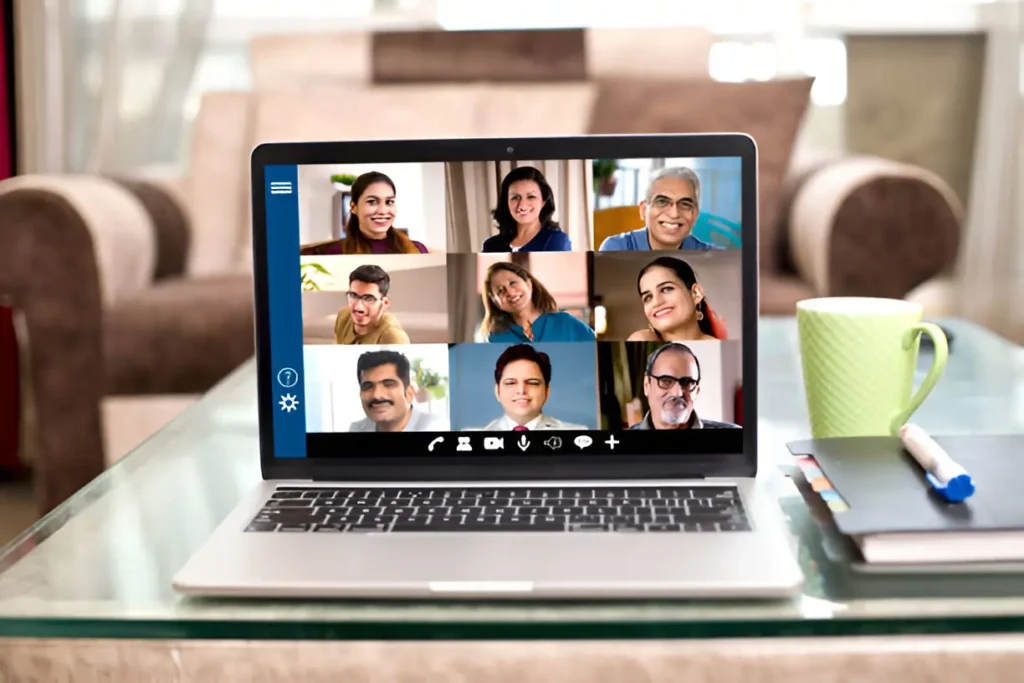In one of the world’s most jittery cities, Hong Kong, it’s not only easy to stay connected; it’s necessary. For professionals dealing with multiple tasks and projects, families dealing with multiple locations, and friends trying to make a last-minute remark, WhatsApp is their personal lifeline. WhatsApp may seem like an obvious choice on the smartphone, but there are two key ways for users to communicate: WhatsApp Web (when you’re using it through a web browser) and WhatsApp Desktop. But which one is actually more efficient for the unique requirements of people who live and work in the city?
Understanding the Core Technology
At its core, both of them are just extensions of your phone. Whether you use the browser-based Masuk WhatsApp Web or install the Desktop app (which can be downloaded here), the phone (or whatever) is basically connected to the Internet to send and receive messages. This means neither of the two versions of the app is autonomous they just run the same conversation on the phone that was attached to it (or whatever).
The Case for WhatsApp Web: Ultimate Flexibility
For the Hong Kong professional who carries around a lot of their work, having quick access to the messages is one of the key features. WhatsApp Web is well suited to this because there’s no software installation required. If you are sitting on the public terminal of a co-working room in Central, or scribbling down on the PC of a public library or your friend’s laptop, you can go ahead and register in a matter of seconds, on any computing device. This makes it extremely versatile. If you are very mobile and want to commit to a single machine, then WhatsApp Web is the perfect solution.
The Desktop App: A Native and Reliable Experience
If you do your work on a single desktop (say, you have a home office in Tung Chung or you have a corporate setup in Admiralty), then the Desktop app would be a better fit. It is a native app that you download and install on your Windows or macOS machine. Once you have it set up, it runs just like any other program on your computer often with better performance and integration and feels less like a web page and more like a dedicated messaging client. That can help give the work feel more secure and focused.
Performance and User Interface Comparison
As for performance in general the Desktop app will perform slightly better, because it generally does a better job of loading the message history, sending files, and notifying you of important events. It also completely runs itself and so the speed will not be affected by how many tabs your browser has open (a common problem for multitasking Hong Kongers). But both do give you the ability to see the active sessions and ‘ log out ‘ from your phone. That ‘s a big security feature.
The Verdict for Hong Kong Users
So which one should you go for? The answer actually totally depends on what you ‘re doing. You are really mobile, need access to a lot of computers or if you need quick access for short term without having to install WhatsApp Web – perfectly what you are looking for if you’re a digital nomad or working in coffee shops at Sheung Wan or students at campus lab computers.
You need to get the Desktop App if: you basically only have one computer at home or the office. Its better offline features, slightly better performance, and overall feel is what makes it the best choice for deep work, and reliable access during typhoons in Hong Kong (i. e. can sometimes be hit-or-miss).
Meanwhile, the pleasure of WhatsApp’s ecosystem is that both are still integrated as a single service. So you can run WhatsApp Web on the laptop you carry home at work and the Desktop app on your home computer — running simultaneously. To people who live in Hong Kong, having both—with all of them assembled for deployment—may be the best option of all, because you’re never far away in one of the most resistive cities in the world.
Read more: Effects of Yoga on Mental Health – Celebre Buzz
Crypto Betting in 2025: How Platforms Like Lunarbet Are Changing the Game – Celebre Buzz
BDG Game Login: Accessing a World of Interactive Fun – Celebre Buzz
